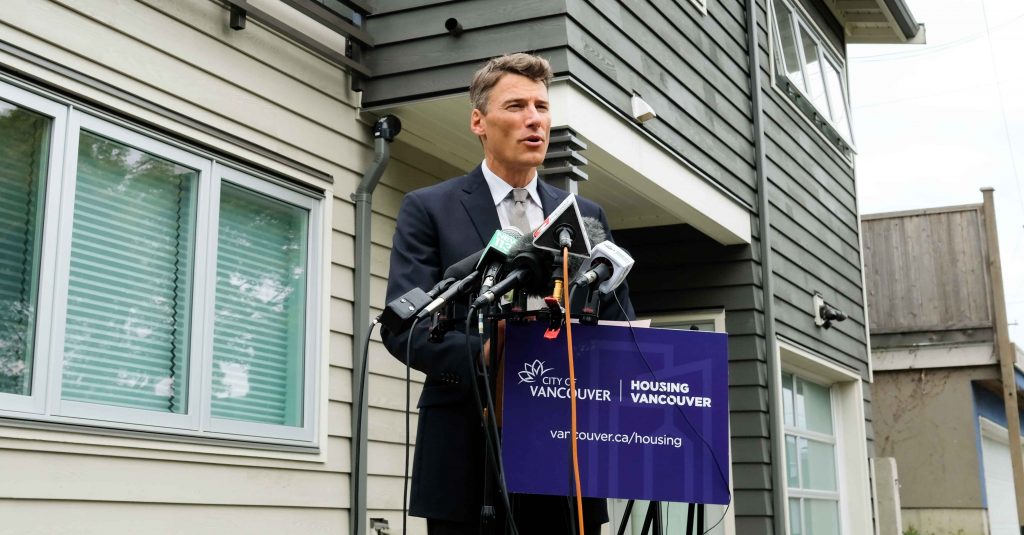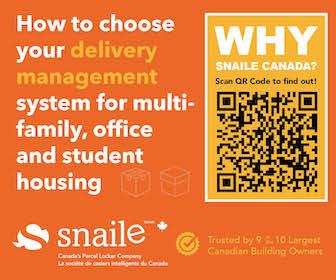The City of Vancouver plans to allow owners of pre-1940s character homes to densify their properties with coach houses and strata units, while retaining the original character home.
Chief city planner Gil Kelly will present the proposal to city council this week, with a public hearing planned for this fall. The city hopes the changes will create several thousand new homes over the next 10 years.
12,000 character homes across 1,554 acres of single family lots would be impacted. All single family (RS) neighbourhoods would be covered, including some of the city’s most prestigious areas like Dunbar, Kerrisdale and Arbutus Ridge.
These neighbourhoods do not currently allow for coach houses and other stratified housing, although rental laneway housing is permitted.
New homes targeted at renters, families
According to Statistics Canada, those neighbourhoods saw a drop in the number of families and children in the 2016 census. The new homes are targeted at renters earning between $30,000 to $80,000 and couples and families earning more than $80,000.
“These proposed changes from city staff respond to the desire for people to have more housing options in single family neighbourhoods—neighbourhoods where they currently cannot afford to live,” said Mayor Gregor Robertson in a statement.
Densifying Mount Pleasant and Grandview-Woodland
Along with the proposed changes for pre-1940s character homes, the city is proposing additional densification in Mount Pleasant and Grandview-Woodland neighbourhoods.
The city plans to allow owners to increase rental and ownership housing diversity on 4,800 properties by:
• Introducing rental laneway homes;
• Increasing the number of homes allowed on a standard 33’ lot from two to three;
• Introducing a new detached form of duplex that allows for two separate houses on a lot, with a larger house at the front and a smaller house at the lane; and
• Permitting large lots to build a new four-plex.
“No one should spend more than 30 per cent of their income on their home. I am hearing loud and clear that affordability remains residents’ top concern,” said Robertson.

Housing Vancouver plan
The proposals are part of the Housing Vancouver plan, a series of initiatives to help tackle Vancouver’s housing affordability crisis. An update on the plan’s progress will be provided to city council Tuesday.
Initiatives include:
- Increasing family home requirements (two-bedrooms and up) in new developments to 35 per cent;
- $80 million allotted in 2017 Capital Plan for affordable housing;
- Approving a record number of new rental homes;
- Canada’s first Empty Homes Tax;
- Regulation of short-term rentals like Airbnb and VRBO;
- Modular housing on city-owned properties;
- Aligning housing targets with incomes, to deliver a more appropriate supply of housing;
- Offering of city-owned land worth $250 million to federal and provincial government to use for affordable housing;
- Provision of four city-owned sites for affordable housing as part of Vancouver’s first Community Land Trust.
Government intervention ineffective so far
Housing affordability has emerged as the top concern facing Metro Vancouver residents, according to pollsters. Despite government measures like the B.C. Foreign Buyers Tax and Vancouver’s Empty Homes Tax, prices have risen to record levels with no slowdown on the horizon.
Rents are steadily increasing as well, with the average one bedroom apartment renting for more than $2,000. Studios in new secured rental apartment buildings in downtown Vancouver are routinely renting for more than $1,800.
Perhaps ironically, many of these projects were realized through city incentives like STIR (Short-Term Incentive for Rental) and the Rental 100 program, which aimed to increase supply and affordability by waiving development cost charges for developers and relaxing parking requirements.
Incentives can have unintended consequences
Policy changes requiring new developments to include a minimum number of units suitable for families — defined as two and three-bedroom apartments — have resulted in larger, more expensive units in luxury buildings, outfitted with high-end finishings. Many of these new two and three-bedroom “family-friendly” units are priced at $1,700 to $2,000 per sq ft.
Record land prices influencing end product
Vancouver’s sky-high land prices are clearly a major factor, with developers focusing on constructing luxury product in order to recoup high land costs. Foreign investment in Vancouver real estate is an undeniable major factor as well.
It’s an issue with no simple solution, and not unique to Vancouver. Desirable cities all over the world are also grappling with housing affordability, with wages failing to keep up with the cost of living. But there’s little doubt much more needs to be done to make it easier for those who want to stay in Vancouver.



